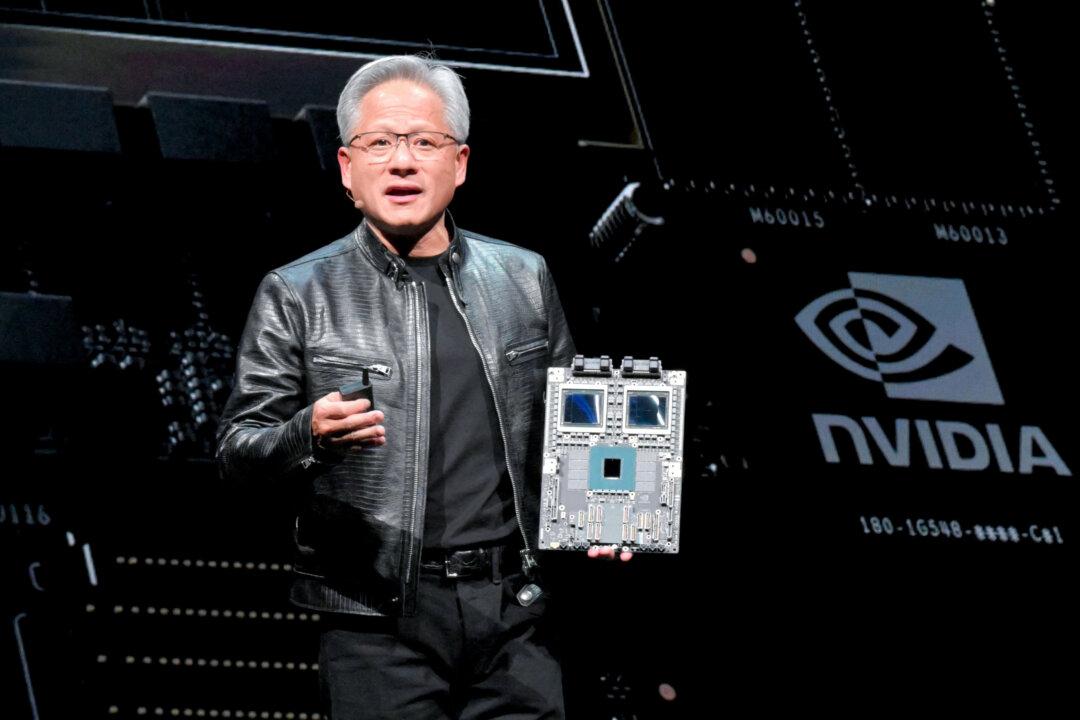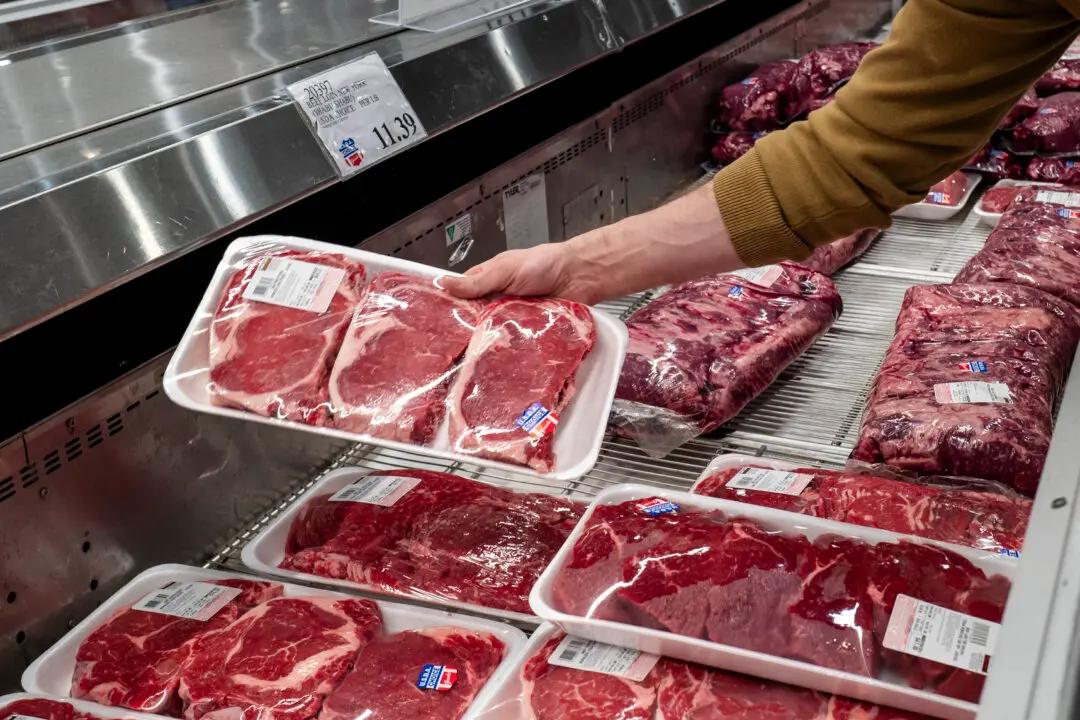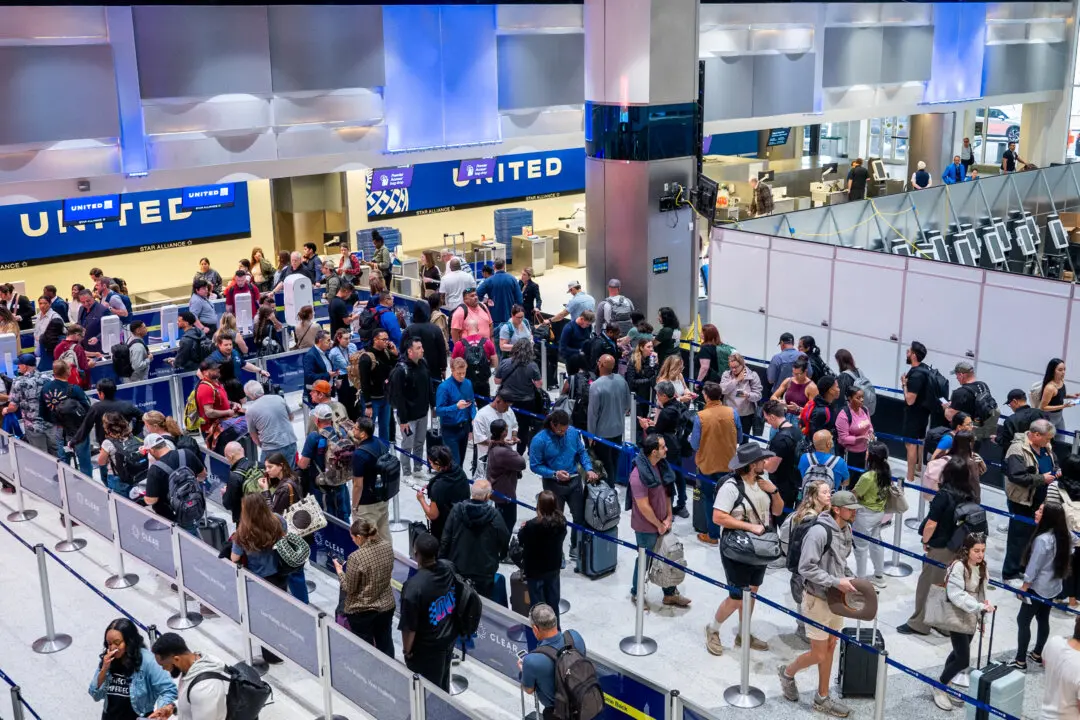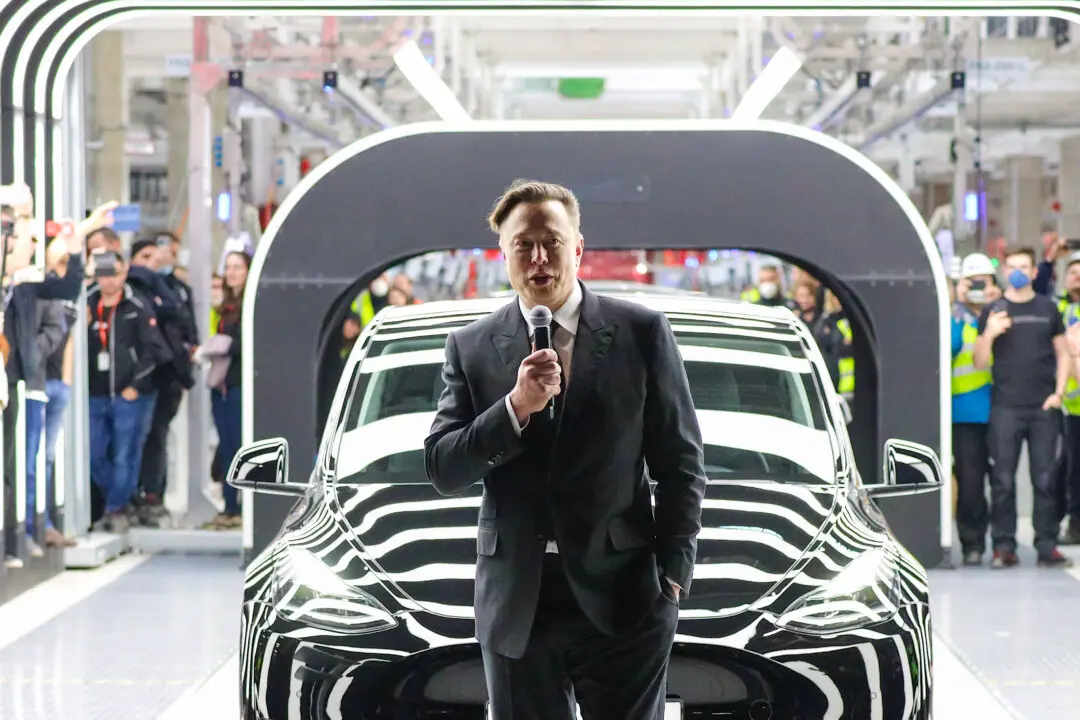Nvidia Corp. is beginning to produce chips in the United States and will soon build multiple “supercomputer manufacturing plants.”
On April 14, the California-based technology giant announced its intent to “design and build factories that ... will produce Nvidia AI supercomputers entirely in the U.S.” The company said it would partner with other tech firms to spend as much as $500 billion on what it called artificial intelligence (AI) infrastructure within the next four years.





